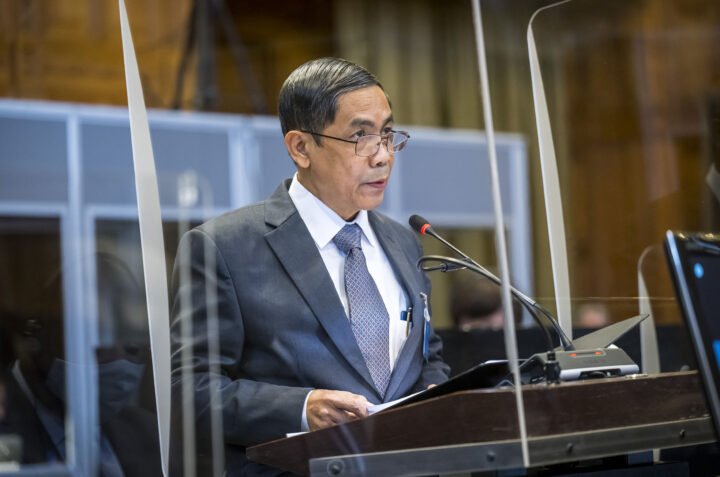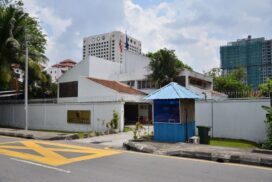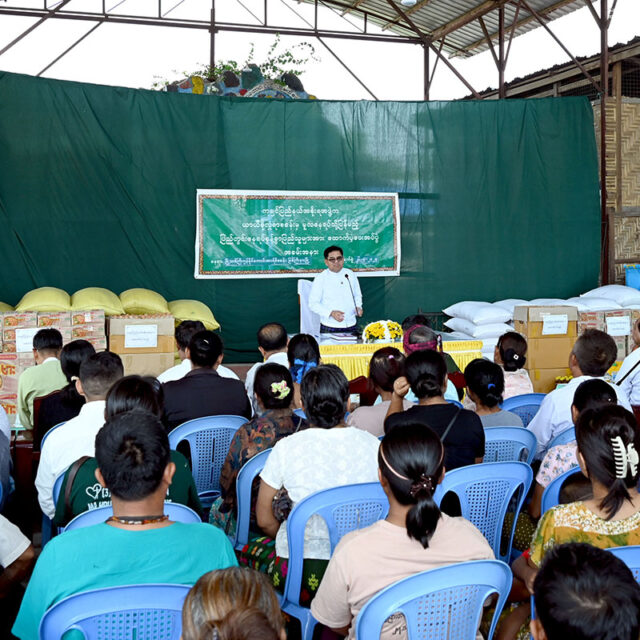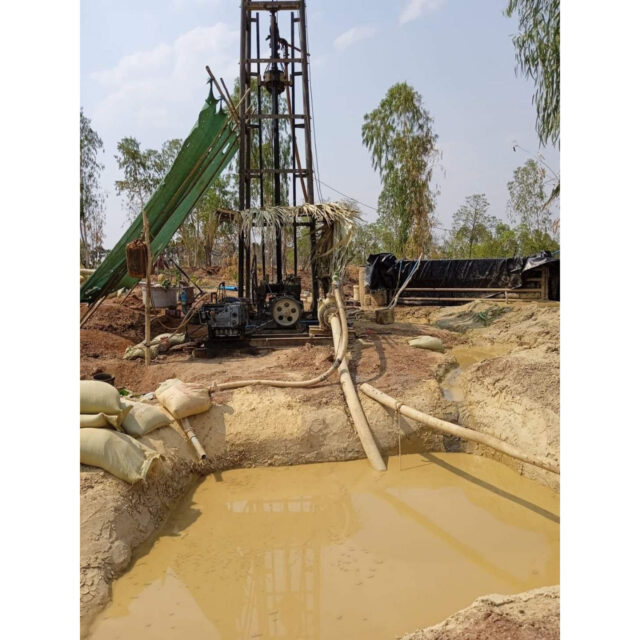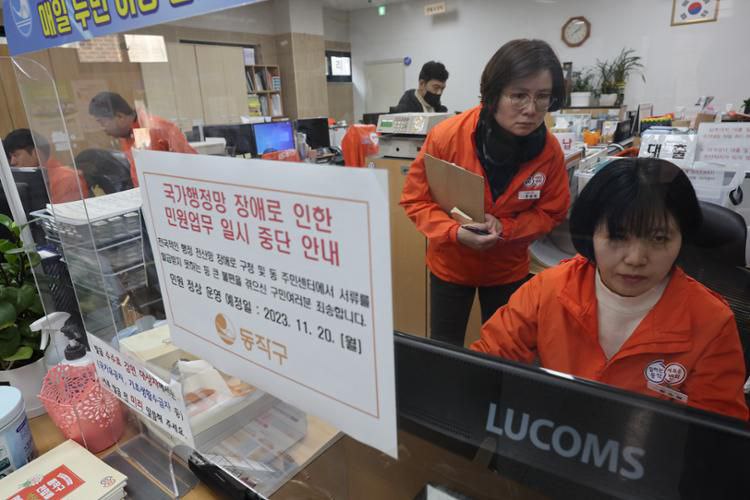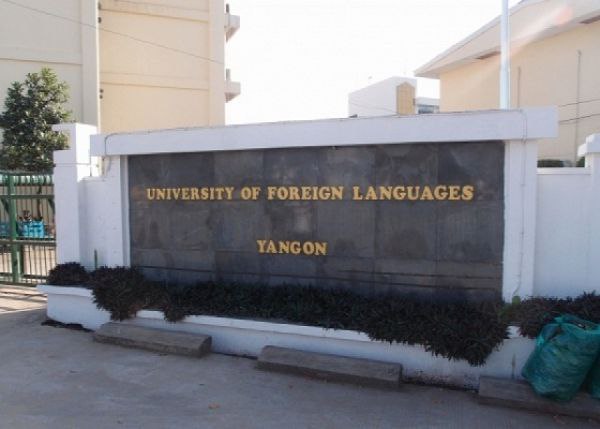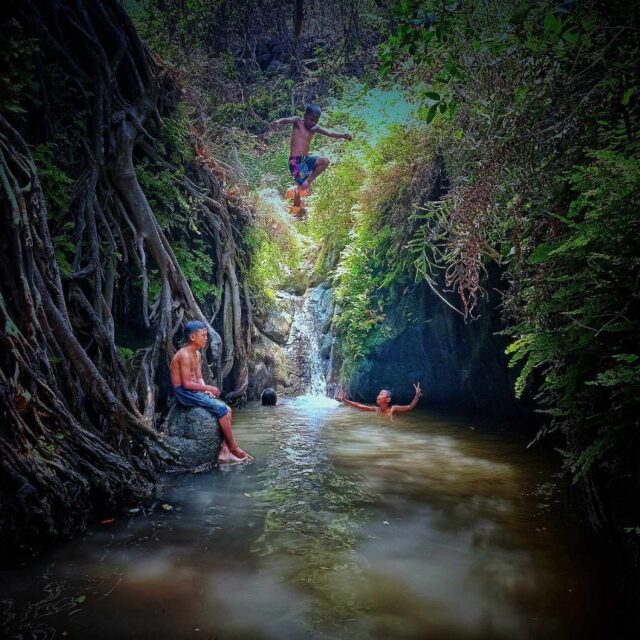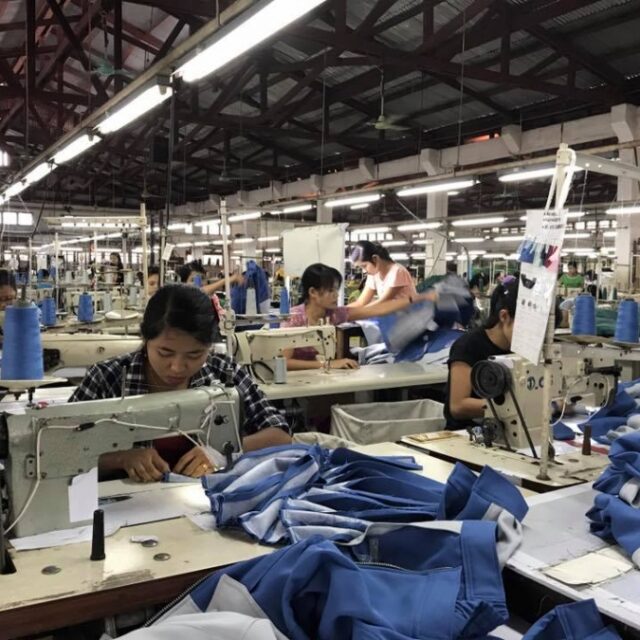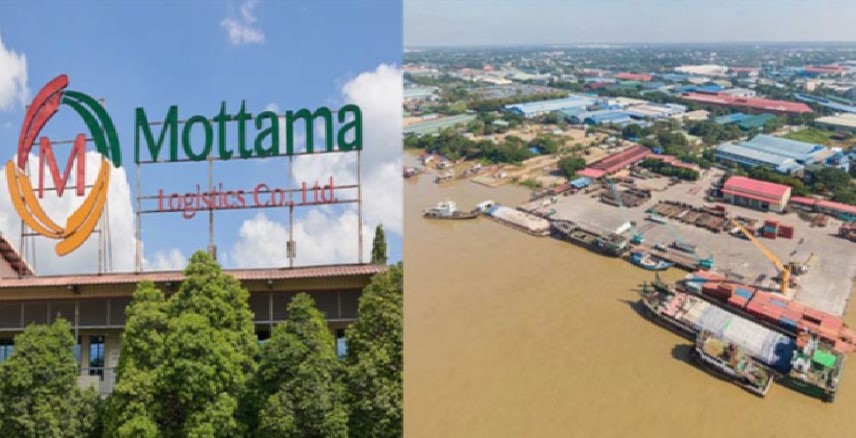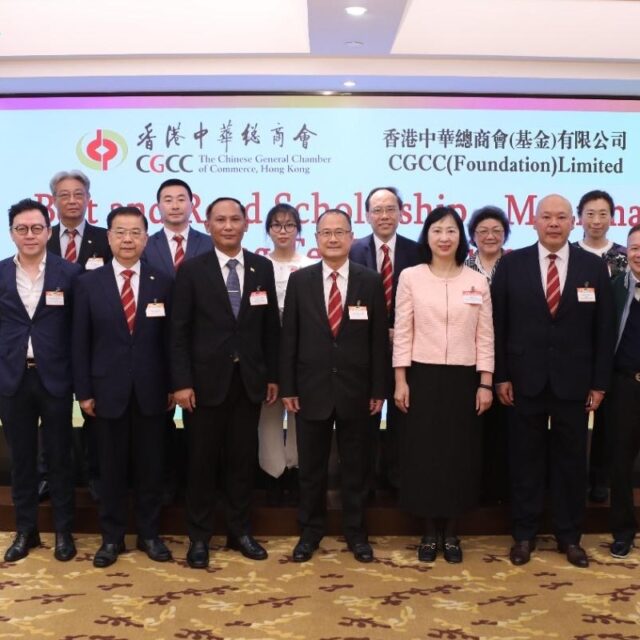OPENING STATEMENT OF THE AGENT OF THE REPUBLIC OF THE UNION OF MYANMAR
Madam President, Mr Vice-President, distinguished Members of the Court,
1. It is a great honour for me to appear before the Court as the Agent of the Republic of the Union of Myanmar.
2. There have been some changes in the composition of the Court and representation of the parties since the last public sitting in this case. It is my pleasure to congratulate Your Excellency President Donoghue and Your Excellency Vice-President Gevorgian on your elections, and Your Excellencies Judges Nolte and Charlesworth on your appointments. I would also like to extend my amicable respect to Their Excellencies Mr Dawda Jallow and Mr Hussein Thomasi, the new Agent and new Co-Agent for The Gambia.
3. I also appear before you as the new Agent for Myanmar, accompanied by the new Alternate Agent, Her Excellency Dr Thida Oo, with the deepest trust that the Court, the principal judicial organ of the United Nations, will decide this matter impartially under the law.
Madam President, Members of the Court,
4. The law that this Court must apply includes of course not only the substantive law governing relations between the States that appear before it but also the rules of law governing the jurisdiction of the Court and the admissibility of cases brought before it.
5. Maintenance of the international rule of law requires that these latter norms of international law be respected as meticulously as any other legal norms. The institutions of the international legal order have been established by the common consent of a remarkably diverse community of nations. For the international legal order to continue to progress and develop, it is vital that all members of this diverse community can be confident that the limitations of what they have mutually consented to will be faithfully respected.
6. In arguing that the Court lacks jurisdiction or that the case is inadmissible, Myanmar is therefore not thereby seeking to impede the judicial processes of the Court. On the contrary, it is seeking to ensure the proper administration of justice. Myanmar raises these preliminary objections with the utmost respect to the Court.
7. The arguments that this Court will be hearing over the next days are therefore important. They have significant implications for the future functioning of the Court in general. Indeed, they have implications for any inter-State case brought before any international court or tribunal.
Madam President, Members of the Court,
8. The preliminary objections raised by Myanmar are genuinely preliminary. They are entirely independent of any question of the merits of The Gambia’s claim that there has been a violation of the Genocide Convention. The Court can and must put that question completely out of all considerations when deciding the issues now before it.
9. Paragraph 85 of the Provisional Measures Order makes absolutely clear that these preliminary objections have not been prejudged or affected by the Court in any way. It is only now that the preliminary objections fall for decision. It is now that they call for the Court’s careful and comprehensive consideration.
10. Because of this, I do not need to say anything today about the substance of The Gambia’s claim. I would nevertheless take the opportunity to make one obvious point. The fact that Myanmar argues that the Court is without jurisdiction and that the case is inadmissible, in no way means that Myanmar has no answer to The Gambia’s case.
11. Furthermore, the Government of Myanmar remains committed to addressing the problems in northern Rakhine State, which have a long history. These problems are complex and include consequences of former colonial rule over Burma and India.
12. The Government of Myanmar is determined to solve these complex problems through peaceful means of negotiation and reconciliation. A tripartite diplomatic discussion between Myanmar, Bangladesh and China has been undertaken for the preparation of the process for repatriations to Rakhine State from Bangladesh. Working groups from Myanmar and Bangladesh are now closely cooperating for verification of the list of displaced persons who want to be repatriated voluntarily in accordance with the bilateral agreement between these States. Preparations for the Pilot Project of Repatriation are being undertaken by the Government. Within Myanmar’s territory, internally displaced persons, IDPs, in IDP camps in Rakhine State are receiving the Covid-19 vaccination on par with other members of the population generally. Projects for closing IDP camps and arranging the return of IDPs back to their normal lives are underway. These ongoing developments demonstrate the will of our government to find effective and constructive ways forward in Rakhine State.
The fact that Myanmar argues that the Court is without jurisdiction and that the case is inadmissible, in no way means that Myanmar has no answer to The Gambia’s case.
Furthermore, the Government of Myanmar remains committed to addressing the problems in northern Rakhine State, which have a long history. These problems are complex and include consequences of former colonial rule over Burma and India.
The Government of Myanmar is determined to solve these complex problems through peaceful means of negotiation and reconciliation.
13. The new provisional government of Myanmar is also committed to respecting Myanmar’s existing obligations as a party in these proceedings. As a responsible party, we are diligently implementing the provisional measures indicated by Court, and are submitting regular reports as called for in the Provisional Measures Order.
Madam President, distinguished Members of the Court,
14. Myanmar raises four preliminary objections. Its arguments in relation to each of these have already been set out comprehensively in the written pleadings, to which the Court is respectfully referred. In accordance with the Court’s Rules and Practice Directions, at this oral hearing counsel for Myanmar will focus on points requiring further attention or emphasis.
15. Myanmar’s arguments today will be presented in the following order. Dr Staker will now present Myanmar’s arguments on the first preliminary objection. He will be followed in turn by Professor Talmon, who will deal with the second preliminary objection, and then by Professor Kolb, who will take up the third preliminary objection. Finally, Dr Staker will return to speak to the fourth preliminary objection.
Madam President, distinguished Members of the Court,
16. I thank you for your kind attention, and I ask you, Madam President, to now call upon Dr Staker. Thank you.

